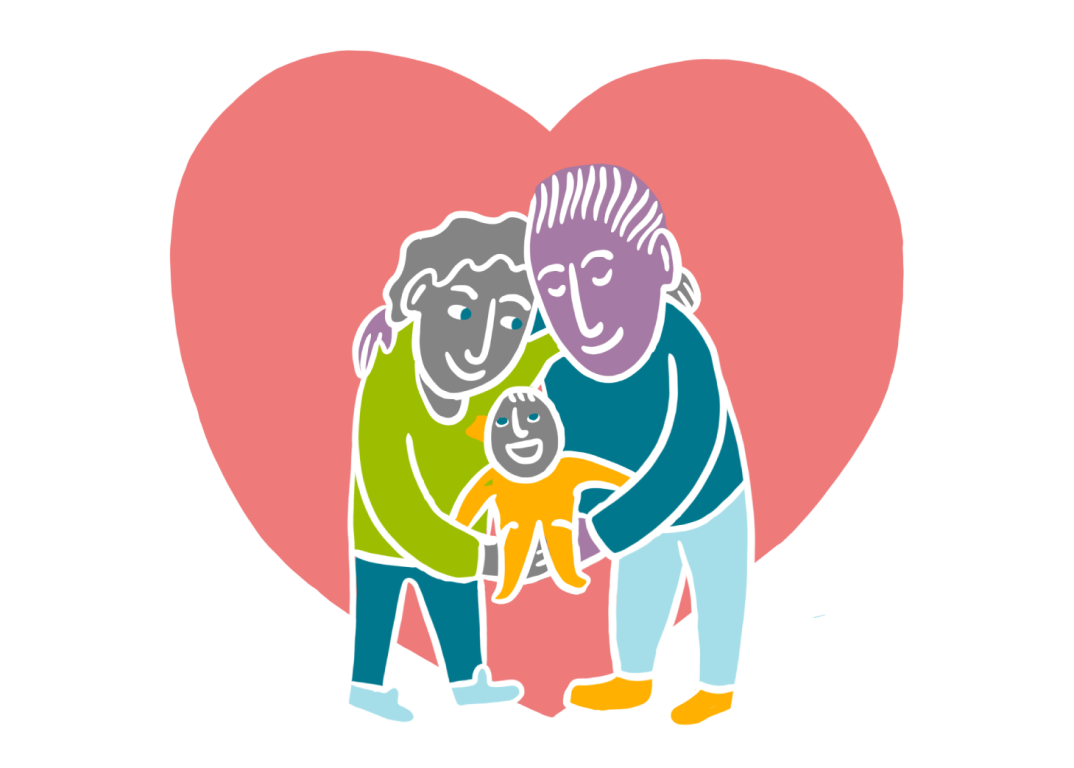Child custody
In Finland, a child always has an official guardian or guardians who decide on the child’s affairs and are responsible for the child’s welfare. The guardians are usually one or both of the child’s parents, but someone else can also be appointed as the guardian if necessary.

In Finland, a child can also have two mothers if the child was born as a result of fertility treatment. The authorities may confirm the child to have another mother with the consent of both mothers.
Child custody means deciding about the child’s affairs. A child’s guardian is responsible for the child’s care, upbringing, supervision and other nurturing. Only a guardian is entitled to obtain information about the child from various authorities. Both parents of a child born in a marriage are guardians of the child. If the child is born in a cohabiting relationship, the mother is the child’s guardian, unless the parents agree otherwise. In this case, paternity of the child must be established separately.
If a child’s conditions for growth are seriously compromised and the child is taken into care, the parents are still the guardians. However, some of the guardian’s decision-making powers and responsibilities are transferred to social services. In the event of a conflict, the matter is considered on a case-by-case basis. For more information on taking a child into care, see Substitute care.
The guardian’s responsibilities
The responsibilities of a guardian are determined in law. The role of the guardian is to safeguard the child’s well-being and balanced development. The law also mentions the child’s individual needs and close relationships. The guardian must consider how their decisions will affect these issues. The guardian must take into account the child’s views and wishes and inform the child about any decisions concerning them as well as other matters that affect the child’s life.
